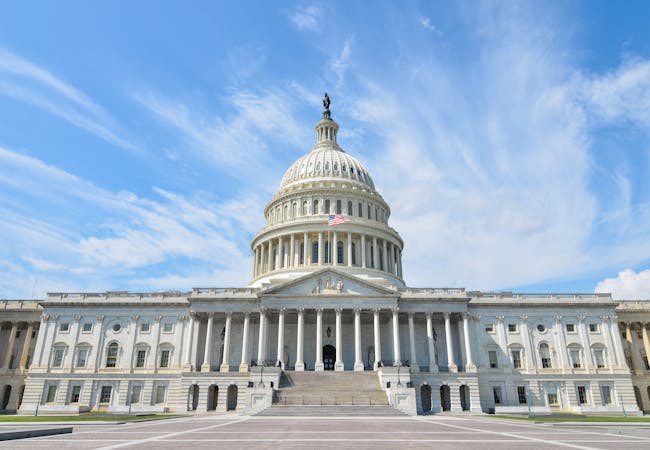Federal Step Therapy Reform
Step therapy is a health insurance practice that requires patients to fail on one or more medications before the insurer will approve the therapy originally prescribed by their health care provider. Step therapy can lead to delays in care, increased disease activity and possibly irreversible disease progression.
NPF leads a coalition of patient and provider advocacy groups that advocate for federal step therapy reform. Our bill, the Safe Step Act, has been introduced for consideration in both the House and Senate. The Safe Step Act seeks to permanently implement step therapy protections by ensuring patient safety and transparency for both patients and health care providers. This bipartisan legislation does not ban step therapy. Instead, the bill puts guardrails in place to ensure that the patient receives the most medically appropriate treatment.
Research and Public Health
In 2009, we were pleased to work with members of Congress to secure funding for the development of a public health agenda by the Centers for Disease Control and Prevention. That document, which was published in 2013, outlines current gaps in and priority areas for public health research for our community.
Since the agenda’s publication, we have actively advocated with Congress to dedicate additional funds to close the gaps research funding and foster a more robust public health research portfolio for psoriatic disease. In 2019, a bipartisan group of 54 representatives and 17 senators supported our request.
NPF continues to work with federal agencies and Congress to promote psoriatic disease research alongside NPF funded projects.
